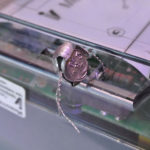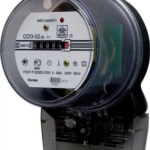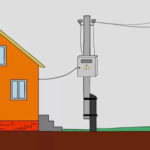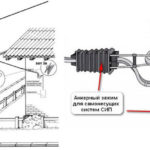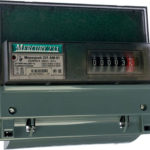The regular growth of electricity costs sometimes makes you think about the possibility of saving on these costs. Some people try to solve the problem by unauthorized connection to the electricity system without meters, while others modify the design of metering devices. To help you understand the extent of responsibility for such actions, we will tell you about their consequences and how to avoid violating the law.

Table of Contents
- 1 What is considered an unauthorized connection to the power grid?
- 2 What methods are used by violators?
- 3 How can unauthorized electricity connection be detected?
- 4 Responsibility for unauthorized connection of electricity
- 5 Liability for unauthorized disconnection from the network
- 6 How to prove my innocence or mitigate my punishment?
What is considered an unauthorized connection to the power grid?
Roskomnadzor classifies unauthorized connection to the power grid as follows and provides for administrative penalties upon discovery:
- Any unauthorized connection to the power grid;
- Modification and disturbance of metering devices: use of tools to brake the disc (including magnets), mechanical alteration of gear teeth;
- Use of devices that rewind the reducer in the opposite direction;
- Installation and use of defective meters.
IMPORTANT! According to Article 7.19 of the Code of Administrative Offences, the penalty for unauthorized connection of individuals will be from 1500 to 2000 rubles. For individuals in the execution of the penalty will be from 3000 to 4000 rubles, and for legal entities - from 30000 to 40000 rubles.
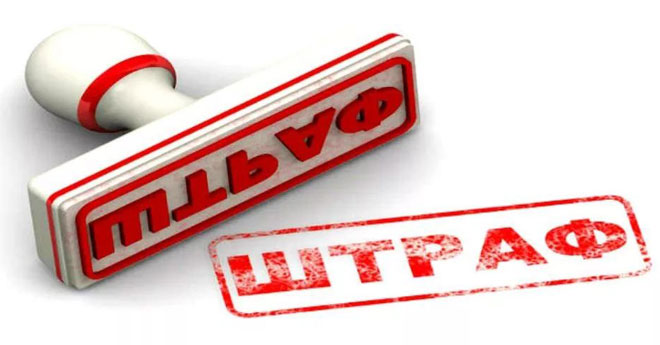
By law, any electrical work must be performed by a specialized company authorized in your area. Their area of responsibility includes the following work: wiring to the meter and the main circuit breaker, wiring to the circuit breaker, which can be operated by anyone, as well as sealing the meter. You can hire qualified professionals to perform the work directly in your house or apartment, or you can do it yourself.
IMPORTANT! If you find any mechanical damage on the installed devices, you must immediately contact the organization that installed them. Solving such a problem on your own is dangerous.
What methods are used by trespassers?
To illegally connect to the power line, you need to have a basic knowledge of electromechanics, so it is common. Here are a few of the methods that violators use, so that you can understand why your meter readings can increase and how you can have your electricity stolen.
- Running a cable into your own room from a public conduit (e.g. from the entryway);
- Connecting to your neighbors in case the appliance is in a common area, or through paralleled outlets;
- Braking of the disc in the meter by mechanical means or with a magnet;
- Installation of a separate line that does not pass through the meter;
- Unsealing the device to roll back the readings.
How can I detect unauthorized connection of electricity?
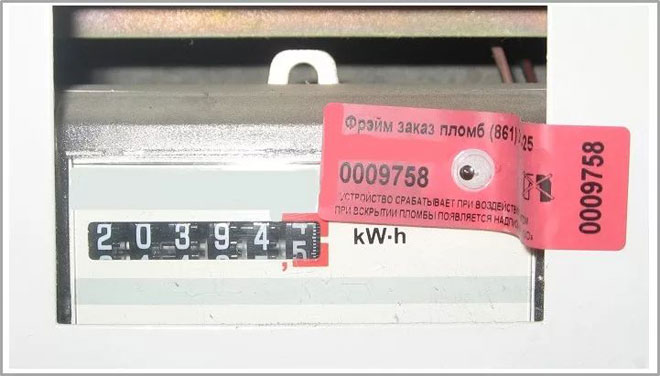
Most violations are recorded as part of standard inspections. The contract for the provision of electricity fixes the time frame in which regular inspections of equipment, including meters. Also, power supply company employees have the right to make unscheduled inspections.
IMPORTANT! An unscheduled inspection can be initiated for any facility - from private property to institutions.
If violations are found, the inspection service draws up an act of unauthorized connection in two copies (one remains with the violator and the other is sent to the power company). In most cases, this leads to a lawsuit in the district court.
Also, if you want to check for unauthorized connections to your appliances yourself, you can turn off all the power sources in the room and assess the behavior of the appliances: if the meter readings keep increasing when you have everything turned off, it means that someone has connected to you.
Liability for unauthorized connection of electricity
The degree of liability for the violation is determined by the court during the case. The outcome largely depends on the type of unlawful connection to the power grid. Depending on the gravity of the assessed violation, the court may impose both administrative and criminal liability.
Administrative liability
Unauthorized connection is considered an administrative offense, and a fine is imposed when such a violation is detected. These cases are heard by a justice of the peace in the district court at the place of residence. In addition to the fine, the violator will be required to pay for the removal of the unauthorized connection, as well as pay the debt for the used electricity.
Criminal liability

It is also worth considering that when considering the case, the justice of the peace may refer it to criminal liability. In this case, it can be considered under two articles: 158 CC RF "Theft" and 165 CC RF "Causing damage". As a rule, these violations involve large enterprises, because the amount of electricity misused is very large. According to the court's decision, the penalties may be as follows:
- Article 165 of the Criminal Code of the Russian Federation: a fine of up to 300,000 rubles, or forced labor, or deprivation of liberty for up to 2 years.
- Article 158 of the Criminal Code: imprisonment for up to 10 years with a fine of up to 1 million rubles.
Liability for unjustified disconnection from the network
In the case of unwarranted disconnection from the network, which did not cause major damage or consequences, is usually dispensed with a warning or the imposition of an administrative fine:
- The fine for officials will be up to 500,000 rubles if their actions are defined as arbitrariness (Article 19.1. of the CAO RF);
- When proving violations of the standards for the provision of public services to the population (Article 7.23 of the CAO RF), the penalty for an official will be up to 1000 rubles, and for a legal entity - from 5000 to 10000 rubles;
IMPORTANT! If the violation of the norms will lead to serious consequences (for example, harm to health), the perpetrators will be held criminally liable.
The fine for arbitrariness will be up to 80,000 rubles, or up to 6 months of arrest or compulsory labor.
How to prove one's innocence or mitigate punishment?
In the case where the offense has been detected, it is impossible to completely escape responsibility. Therefore, the only thing the offender can do is to try to mitigate the punishment, which will reduce the fine, or to apply to the court with a petition for decriminalization of responsibility (in other words, to transfer the case from criminal to administrative). The most appropriate step for this is to voluntarily compensate the service provider for the damage caused.

There is only one scenario in which you will be able to partially prove your innocence: the disconnection was implemented in violation of the rules of procedure (Decree of the Government of the Russian Federation № 442). In this case, you need to file a complaint with the energy service provider, duplicating it with appeals to the Federal Antimonopoly Service and the prosecutor's office. This will allow you to prove that the identified violation was committed by you due to a violation on the part of the electricity provider.
IMPORTANT! Even if an electricity supplier's work was found to be infringing, the liability of the infringer for unauthorised connection shall not be removed and shall be dealt with under Article 7.10 of the Administrative Code. Avoid administrative penalties (fines) based on the results of the case is almost impossible.
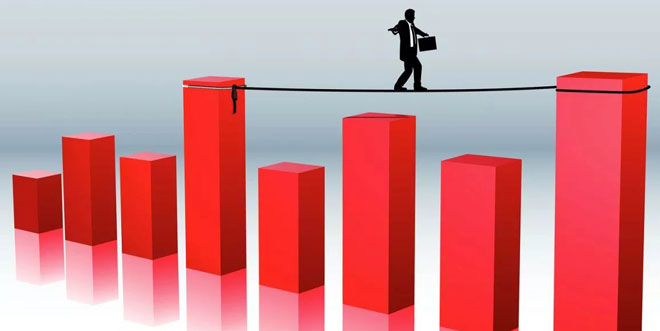
In conclusion, we want to draw your attention that unauthorized electricity connection is illegal, very easy to detect and the savings from it is not justified with all the fines and risks that can be imposed on the offender.
Related Articles:
